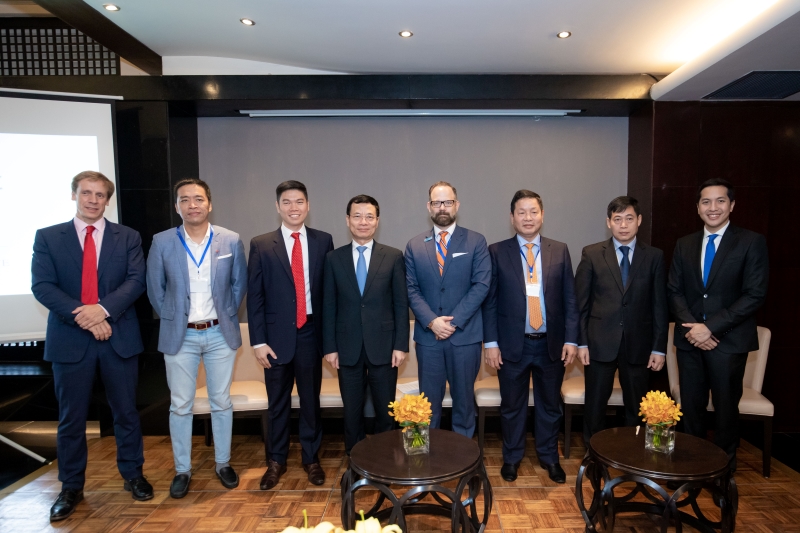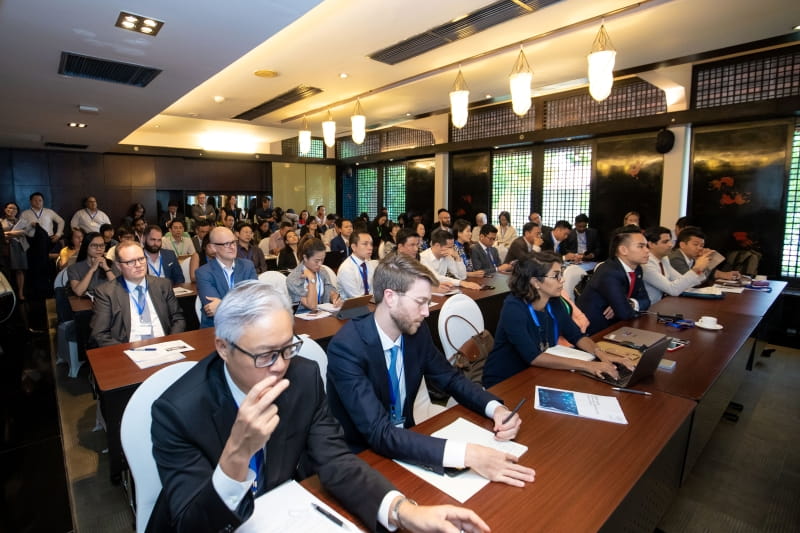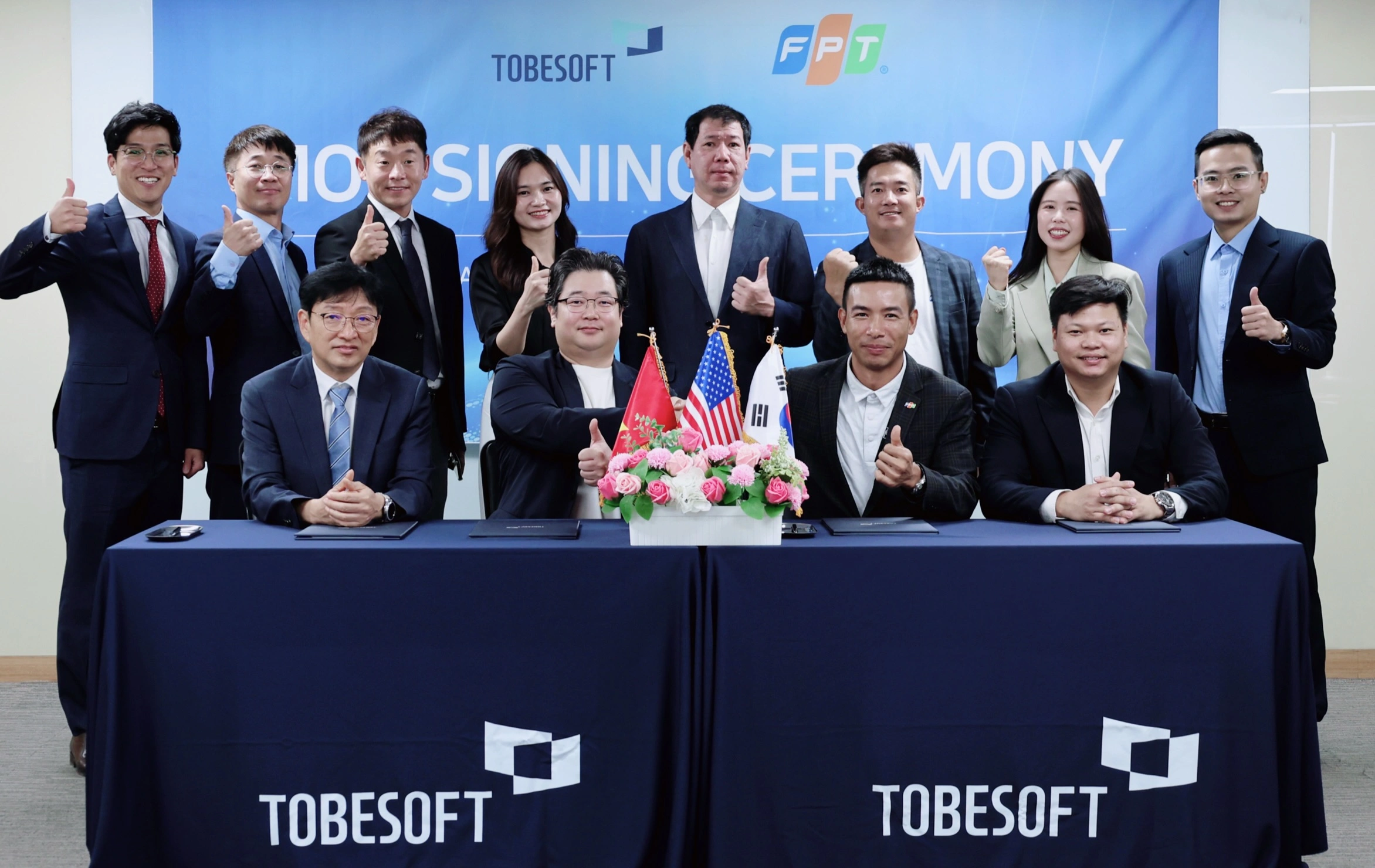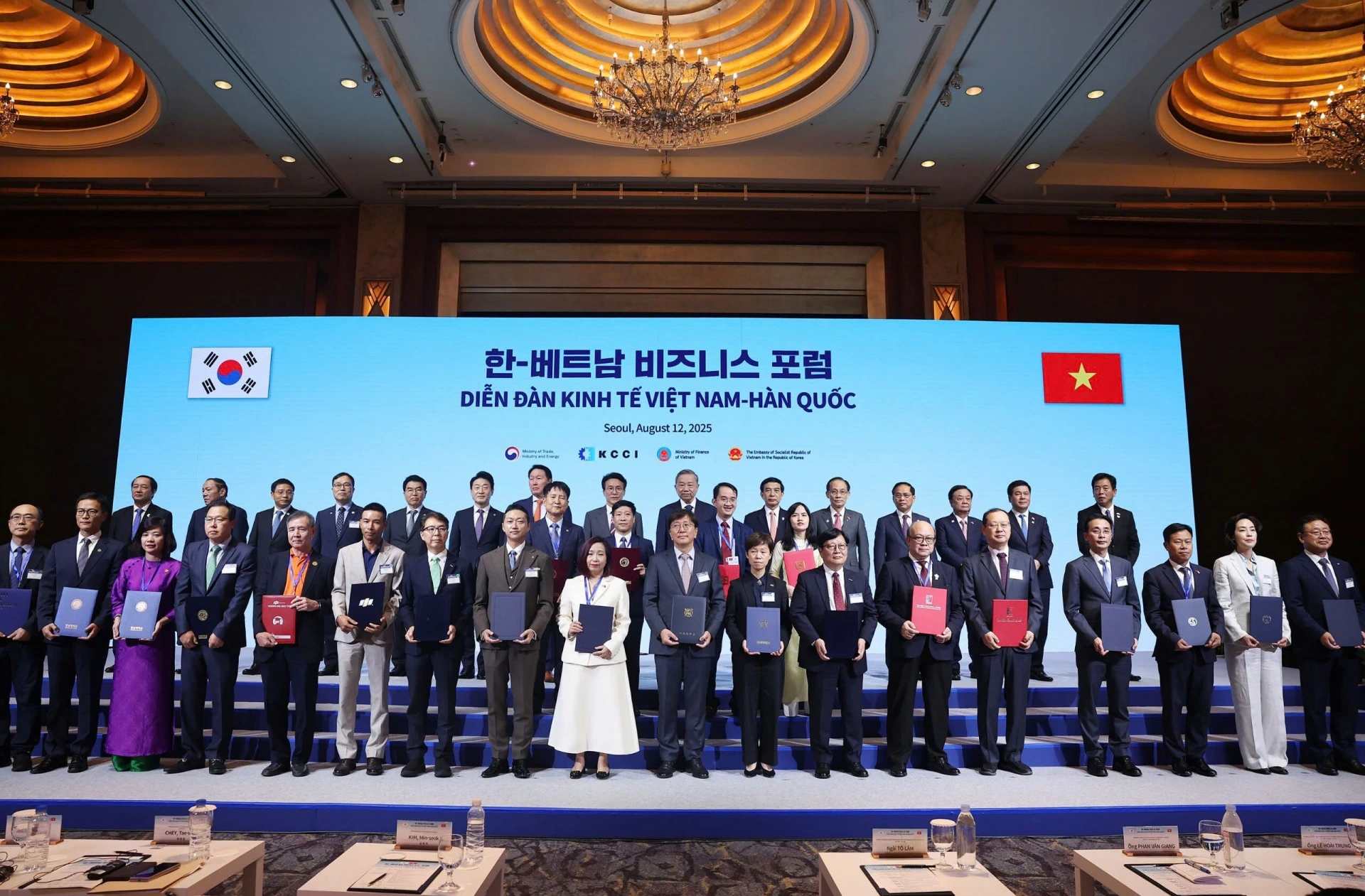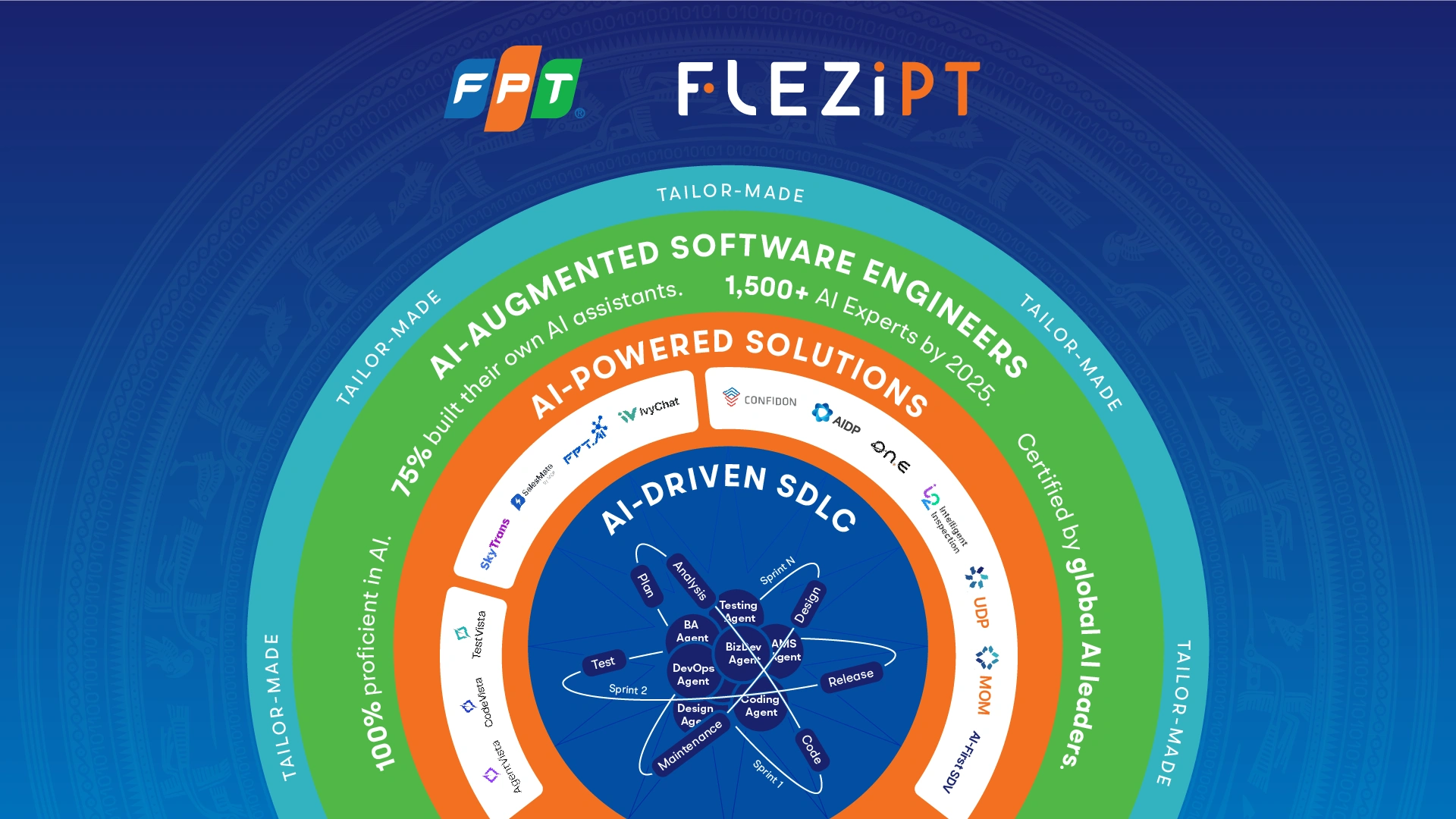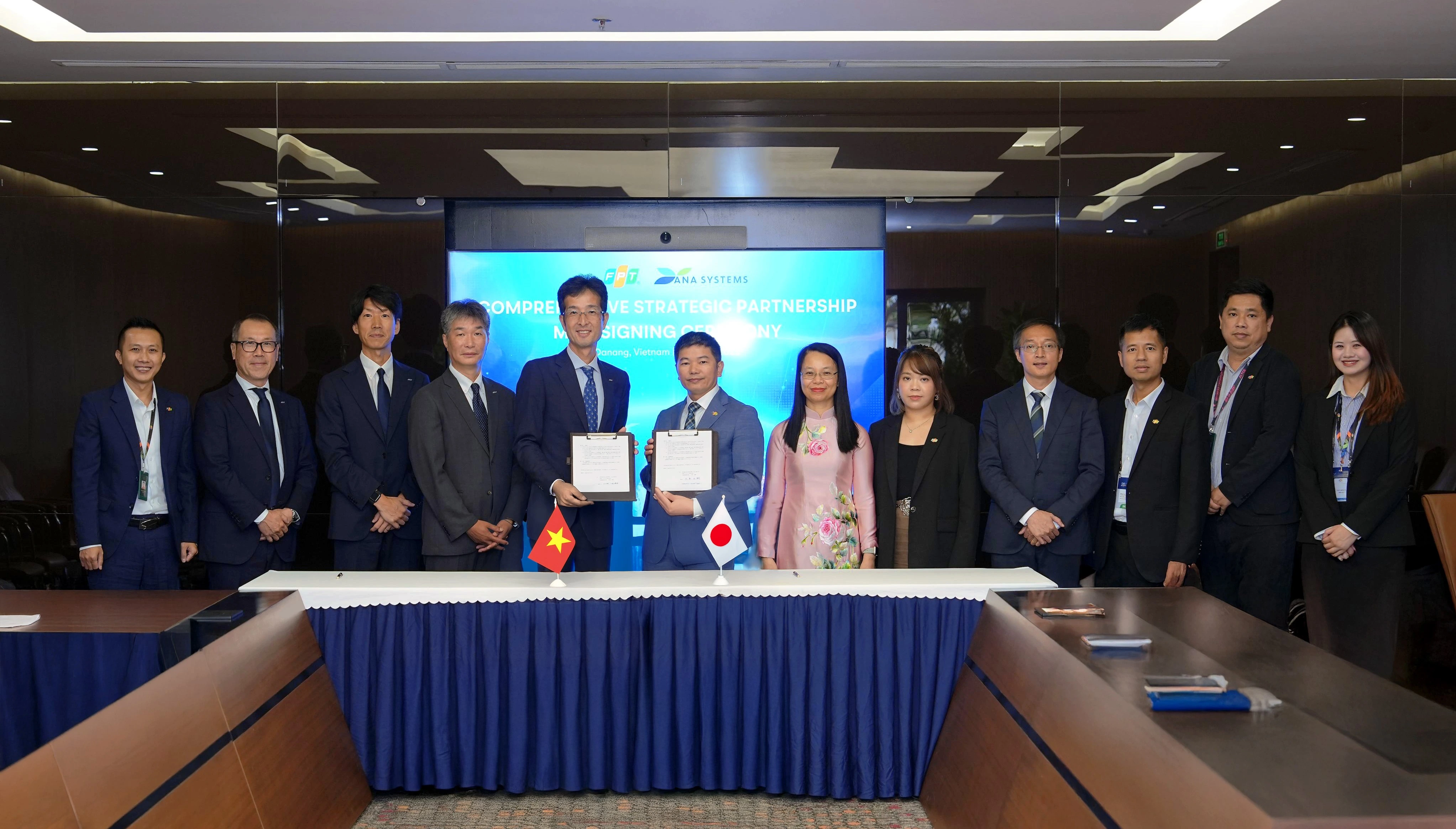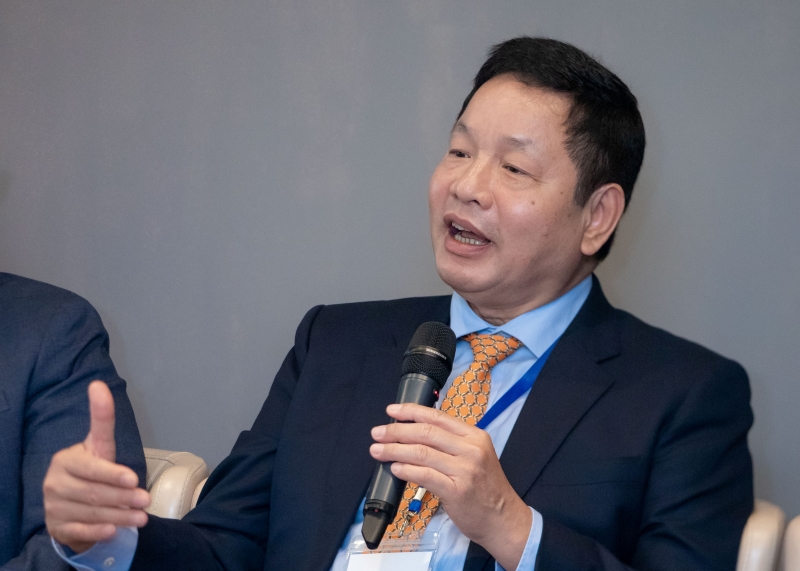
FPT has pledged to build up digital skills for 50,000 students in Vietnam, said the company’s Chairman Truong Gia Binh at the World Economic Forum’s Digital ASEAN workshop last Friday.
“Having 36,000 employees working in 45 countries, and a university with 50,000 students, pursuing digital transformation in Vietnam and around the world, FPT has a very big duty”, he said in a panel discussion on “ASEAN Youth: Technology, skills and the future of work”.
Developing the digital workforce was one of the three commitments that he pledged to the Vietnamese Government.
“FPT would like transform the way we train people”, Binh noted, citing Vietnam’s first online university FUNix and FPT’s online akaBot academy.
Established by FPT in 2015, FUNix has made IT education and training accessible to over a thousand students from 13 different countries. Local businesses are also invited to shape the curriculum and mentor students, helping to bridge the gap between employers’ demand for new digital skills and what education can provide. FPT’s akaBot academy, meanwhile, emphasized on “helping anybody to design, operate, and use robots for their own jobs”.
“We think the skills to use digital technology and improve efficiency of their work is very important”, Binh explained the big idea behind FPT’s online education method. “We train them the latest technologies: AI, blockchain, every new technology”, he added.
Binh also cited other initiatives to develop the digital workforce, including 5,000 internships as well as a an AI university campus in Southern Vietnam that produces 2,000 AI workers per year.
“Our work is not only limited in Vietnam, but also in the ASEAN region”, he noted, adding that it is important that FPT cooperates with other partners in ASEAN to further develop digital skills for the future workforce.
FPT is one of 16 organizations that participate in the Digital ASEAN initiative, launched by the WEF in Singapore in April 2018. The aim is to work on the issues that will underpin a regional digital economy in ASEAN so that the benefits of the Fourth Industrial Revolution can be fully unlocked and become a force for regional economic inclusion.
